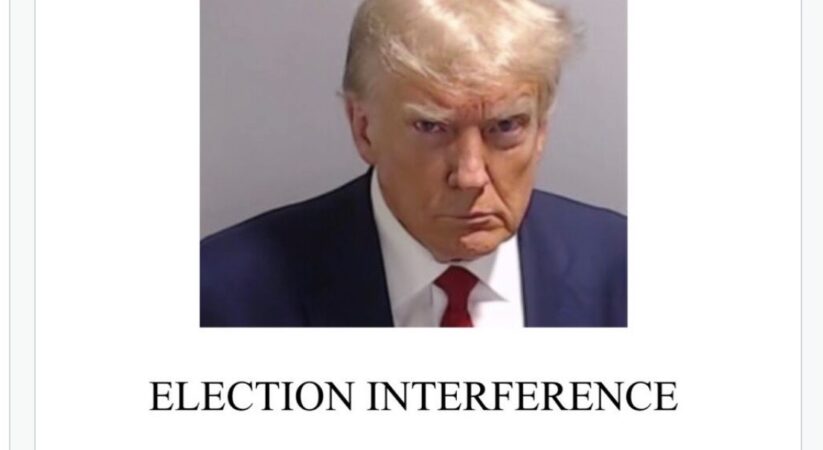For the most part, the enemies of President Donald Trump have won on the second level by putting cases in front of judges that generally hate Trump. But there one major exception is in Florida with Judge Aileen Cannon. She has been a thorn in the side of Special Counsel Jack Smith and on Monday night she may have delivered the death blow to his classified documents case.
The MAGA-friendly federal judge, appointed by President Trump himself, is taking a strong stance in the Mar-a-Lago classified records case. She’s forcing prosecutors to make a tough choice: either let jurors see a huge trove of national secrets or let Trump go. This judge, Aileen M. Cannon, has consistently sided with Trump, and she’s using this opportunity to swing the case in his favor once again.
Special Counsel Jack Smith now faces a dilemma. He must decide whether to allow jurors to examine the classified documents found at Mar-a-Lago or give them instructions that would likely lead to Trump’s acquittal. Smith could appeal to the Eleventh Circuit Court of Appeals, but that would delay the trial even further.
Trump, along with two of his associates, has been indicted on 39 felony counts for hoarding classified documents without authorization and attempting to cover it up. Trump argues that these documents were his “personal” files and therefore he had the right to keep them. He also claims that the country’s national security laws are “too vague” to be used against him.
While some saw Cannon’s decision last Thursday to not dismiss the case as a victory for Smith, it was more of a strategic move to set up her ultimatum on Monday. Now, prosecutors must decide whether to show jurors the classified records or inform them that a president has the sole authority to categorize records as personal or presidential during their term.
The first option would require Smith to allow any potential jurors in this rural Florida area to suddenly have access to these sensitive national secrets. The second option would essentially force jurors to acquit Trump, as they would be told he had the power to claim personal ownership over any government document within his reach.
In her two-page ruling, Cannon proposed a new version of the law without a lengthy judicial order to back it up. This proposed jury instruction would state: “A president has sole authority under the [Presidential Records Act] to categorize records as personal or presidential during his/her presidency. Neither a court nor a jury is permitted to make or review such a categorization decision.”
Cannon argues that the Presidential Records Act is unclear about how to allow a president to make this kind of determination, even though the law was passed in 1978 to ensure that White House records are considered government property and overseen by responsible historians and librarians at the National Archives.
In essence, the judge’s reading of the law would give extensive authority to any president, but most importantly, it would give Trump exactly what he wants: the ability to give himself the final word.





